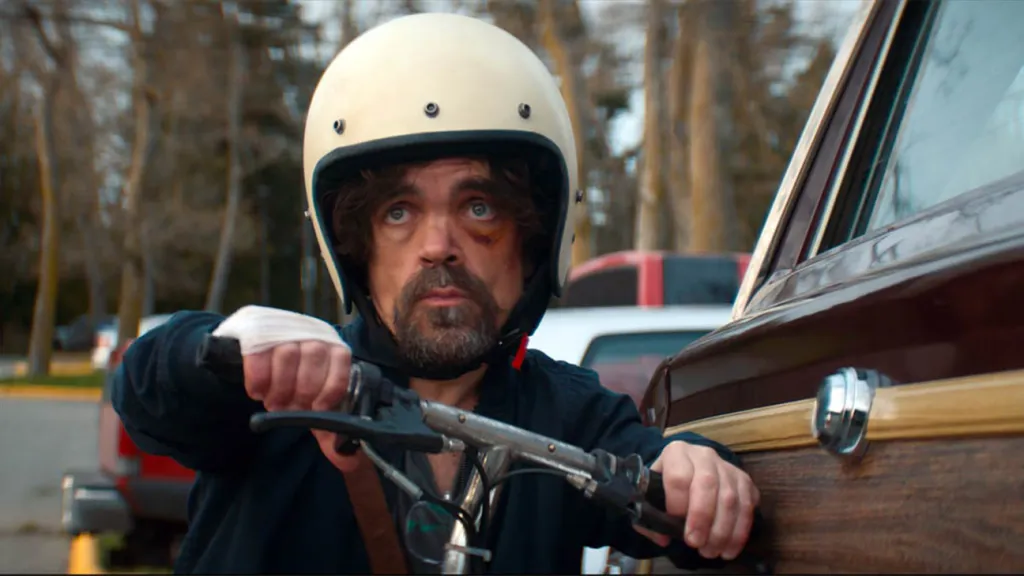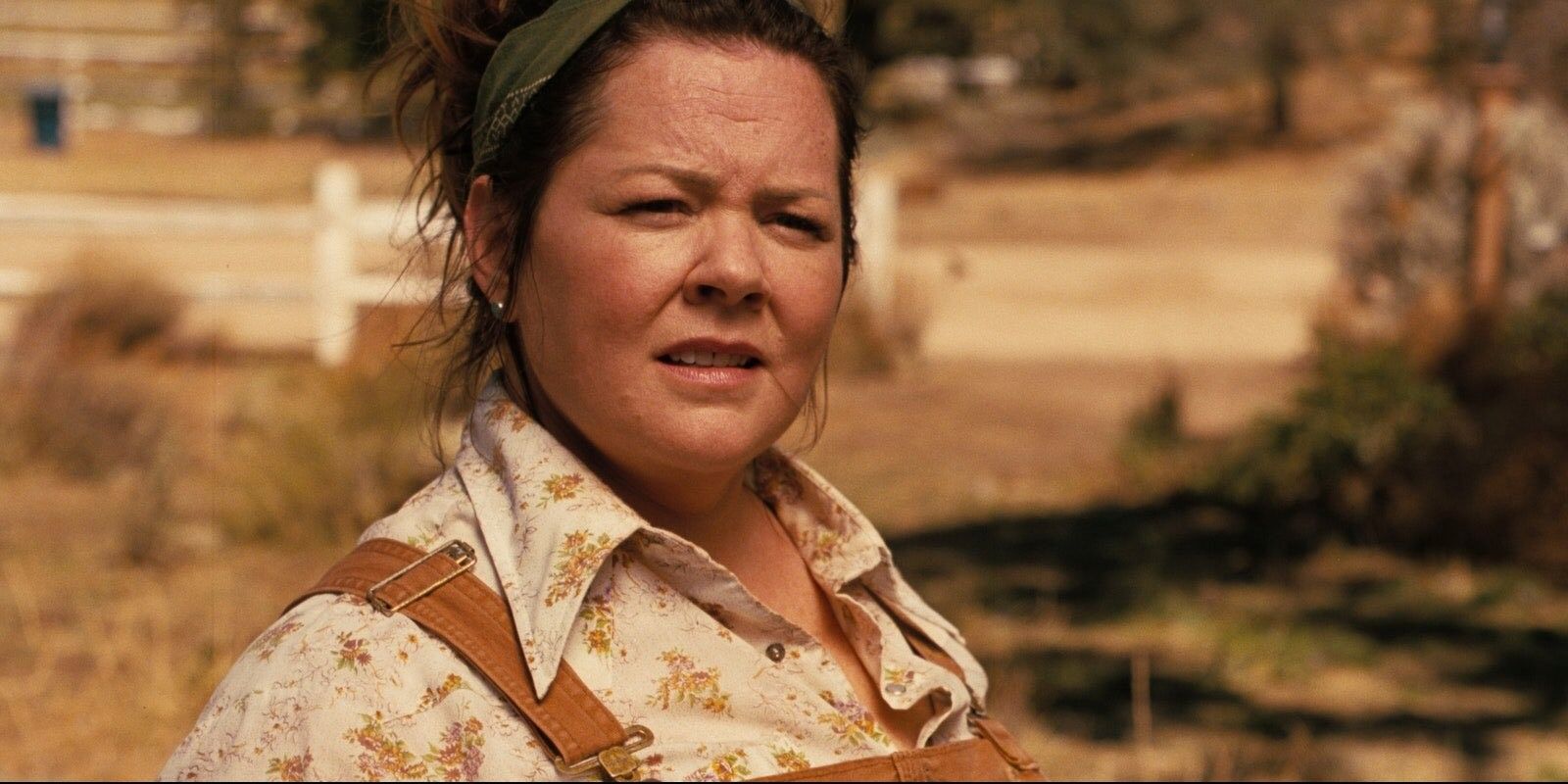American Dreamer
by Hope Madden
I was looking forward to American Dreamer, the comedy/drama that pairs Peter Dinklage and Shirley MacLaine as odd couple tenant/homeowner in a comment on the American dream.
And then I found out Matt Dillon and Danny Glover are in it, which appealed as well.
And then I wondered what on earth compelled any of the four of them to take this gig.
Paul Dektor’s film follows Dr. Phil Loder (Dinklage), an adjunct professor of social economics who is very down on his luck. Not sure how he got here? No worries, because a bartender will explain all of it to Loder, who one assumes must already know his own backstory. But this is how bad writing shows itself. And it won’t be the last time.
Loder dreams of home ownership, but he lives in a crappy apartment, drives a 30-year-old Saab, and makes (the bartender explains) less than 50k a year. But then he finds the deal of a lifetime in his price range. He just has to pay now, hold out in the stinky servant’s quarters and wait until the current owner (MacLaine) dies. Then his dream house is all his!
That’s convoluted and contrived enough, but wait, there’s more!
Mainly there’s a lot of sloppy, needless plot devices that do not entertain but do disjoint the overall film. One of these writers (Theodore Melfi) has an Oscar nomination for Hidden Figures. Go figure.
Not that the direction’s any better. Dektor can’t decide if American Dreamer is a slapstick comedy, a sex comedy, or a social diatribe aimed at capitalism. Choosing none of these, he winds up creating an inarticulate mishmash.
Everything that happens outside the relationship between Dinklage and MacLaine feels extraneous, but the focus is almost never on the two leads. Worse still, the actual relationship—what we see of it—is silly and superficial. Because of this, Loder’s arc is unearned.
It’s great to see Dinklage in a lead and in a comedy. Too bad it’s this one.
MacLaine is even more ill-used, and Dillon’s realtor character is unfathomable. You spend the whole time waiting for some revelation, like that he and Loder are boyhood friends or brothers—anything to explain their contemptuous yet close bond.
Maybe I should ask the bartender. I bet he knows.





